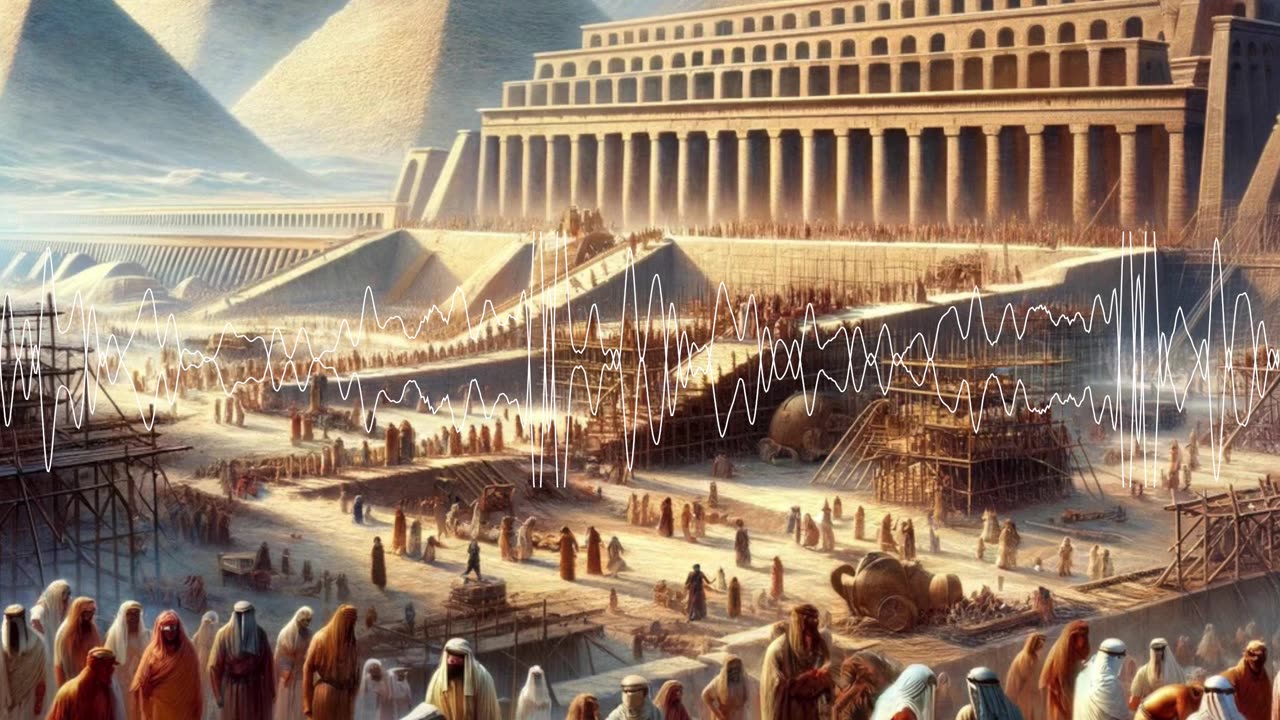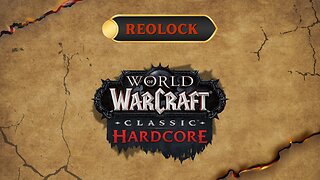Premium Only Content

Exodus Chapter 1: The chapter recounts the multiplication of the Israelites
Exodus Chapter 1: making them a formidable force. However, a new Pharaoh, who did not know Joseph, felt threatened by their numbers and decided to oppress them with hard labor, building cities for Pharaoh. When this did not decrease their numbers, Pharaoh ordered the Hebrew midwives to kill all newborn Hebrew boys, but they feared Yahuah and did not comply. Pharaoh then commanded all his people to throw every Hebrew boy born into the Nile River.
Our efforts to honor the depth and authenticity of the scriptures, we restore the following terms to their original Hebrew, bringing us closer to the text's intended meaning. This restoration not only seeks linguistic accuracy but also reconnects us with the roots of our faith, tracing back to Eber—a direct descendant of Noah, alive during the Tower of Babel, and great-grandfather to Abraham, the father of the Hebrew people. By doing so, we acknowledge the rich historical and cultural heritage that has shaped the scriptures.
* Yahuah: We restore this divine name in place of "Lord" to distinguish it from Baal and to honor its scriptural prevalence. This emphasizes the importance of using the name as given in the text, reflecting our commitment to the authentic divine identity.
* Aduni: Restored instead of "God" to provide a direct transliteration, underscoring our adherence to the specific language of the scriptures and honoring the linguistic heritage passed down from Eber.
* Yahusha: The Hebrew name for "Jesus" and "Joshua" is restored, highlighting the meaning "Yahuah is salvation." This restoration deepens our connection to the Messiah's role as the fulfillment of divine promise, embodying the continuity of faith from Eber through Abraham to the present.
* Yisharal: "Israel" is restored to its original Hebrew pronunciation, reflecting the covenantal relationship between Yahuah and His people, a lineage that traces back to the time of Eber and beyond.
* Yahudah: Restored in place of "Judah," incorporating "Yah" as a direct form of praise and recognition of Yahuah's enduring presence, echoing the faith of our ancestors.
* Yom (day) and Lailah (night), Arets (earth), Shamayim (heaven), Hashamayim (the heavens), and Mayim (waters): These terms are restored to their scriptural Hebrew, anchoring our understanding in the creation narrative and the language that Eber and his descendants would have recognized.
This comprehensive approach is not merely about linguistic precision; it represents a journey back to the origins of our scriptural heritage, fostering a deeper connection with the divine narrative as it was originally conveyed. By embracing the names and terms as they were intended, we pay homage to the legacy of Eber, Abraham, and the Hebrew lineage, enriching our spiritual understanding and practice.
-
 6:16:23
6:16:23
SpartakusLIVE
9 hours ago$1,000 Pistol Challenge || #1 ENTERTAINER of The EONS Eradicates BOREDOM
71.3K2 -
 2:33:37
2:33:37
TimcastIRL
7 hours agoTrump Orders Review of Smithsonian For Being Woke & Out of Control | Timcast IRL
170K53 -
 3:09:10
3:09:10
Barry Cunningham
10 hours agoPRESIDENT TRUMP HAS TAKEN THE MONSTER AWAY FROM THE LEFT! HORROR STORIES WON'T WORK ANYMORE!
74.6K76 -
 1:29:55
1:29:55
WickedVirtue
4 hours agoLate Night Fortnite w/ Friends
43.3K -
 3:34:06
3:34:06
This is the Ray Gaming
5 hours ago $0.55 earnedCould you be? Would you be? Won't you be my RAYBOR? | Rumble Premium Creator
25.7K -
 1:46:52
1:46:52
JahBlessGames
6 hours ago🎉Come een' and come tru' - VIBES | MUSIC | GAMES
46K -
 38:47
38:47
MattMorseTV
8 hours ago $13.55 earned🔴Tulsi just CLEANED HOUSE.🔴
63.7K101 -
 6:24:06
6:24:06
Reolock
8 hours agoWoW Classic Hardcore | WE'RE BACK!!
28.1K1 -
 3:46:13
3:46:13
SynthTrax & DJ Cheezus Livestreams
11 hours agoShell Shock Live - The Scorched Earth Remake/Upgrade - 4pm PST / 7pm EST - RUMBLE GAMING
45.7K -
 2:56:57
2:56:57
Illyes Jr Gaming
7 hours agoBack to Black .....Ops 6 w/ ILLYESJRGAMING
29.4K1